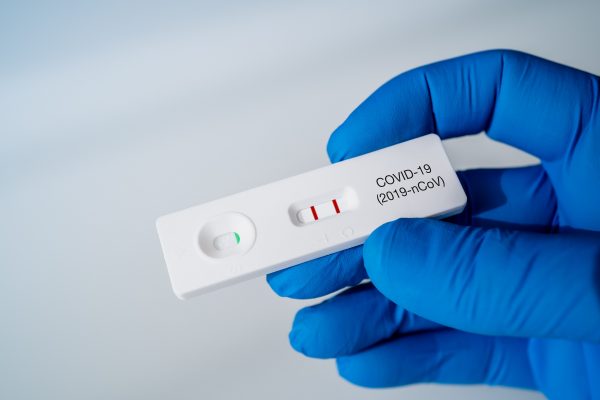On 20 May 2020, the treasury updated the Direction which sets out the legal rules of the furlough scheme.
The Direction (which is the legal document and so technically trumps all the Gov.uk guidance) has been amended in a number of areas. The first one of interest is the removal of the requirement for the employee to agree in writing to not undertake work while furloughed. This was not mentioned in any of the guidance but did appear in the original version of the Direction. However, it has been removed and so as long as the employer has written to staff and told them not to work, it no longer matters if the employee has not responded to this point in writing.
The part about what Directors can do while furloughed has been extended to make clear they can make claims to the furlough scheme and administer wages of their employees while being furloughed themselves. This confirms what we have been advising since the beginning as quite frankly, it would be ridiculous for that not to be the case.
And for much of the motor trade, the most useful clarification is around commission. We have long advised that commission that is regularly paid to employees each month should be paid to furloughed employees under the ‘employees whose pay varies’ calculation regardless of any mention of the word “discretionary” in the contract. For the avoidance of doubt, we now see at 7.19 the words: “(whether or not that method involves the exercise of discretion by the employer or a person connected with the employer)” in regard to the payment of commission. This is supplemented by new wording in the guidance which states:
- Non-discretionary payments
- When you’re working out if a payment is non-discretionary, only include payments which you have a contractual obligation to pay and to which your employee had an enforceable right
- When variable payments are specified in a contract and those payments are always made, then those payments may become non-discretionary. If that is the case, they should be included when calculating 80% of your employees’ wages
Any employers who, against our advice, took the decision to not claim for and pay commission might want to check with HMRC to see if they can claim it retrospectively for previous pay periods.

We cover roles within all departments and sectors of the Automotive industry, and are here to listen to your specific needs and find the most suitable candidates to fit your business.








